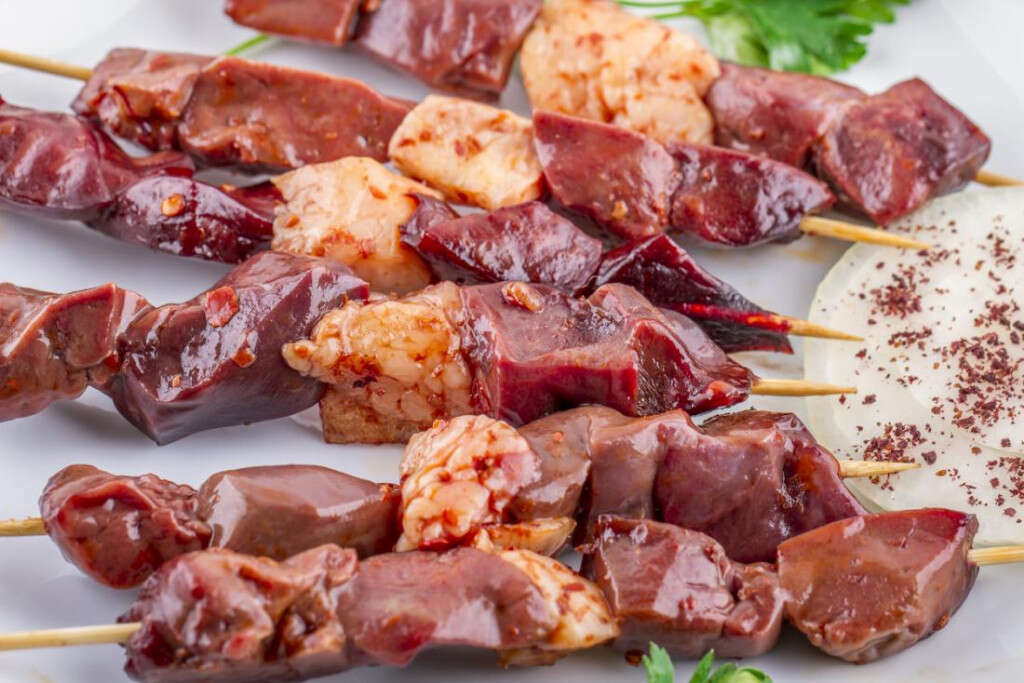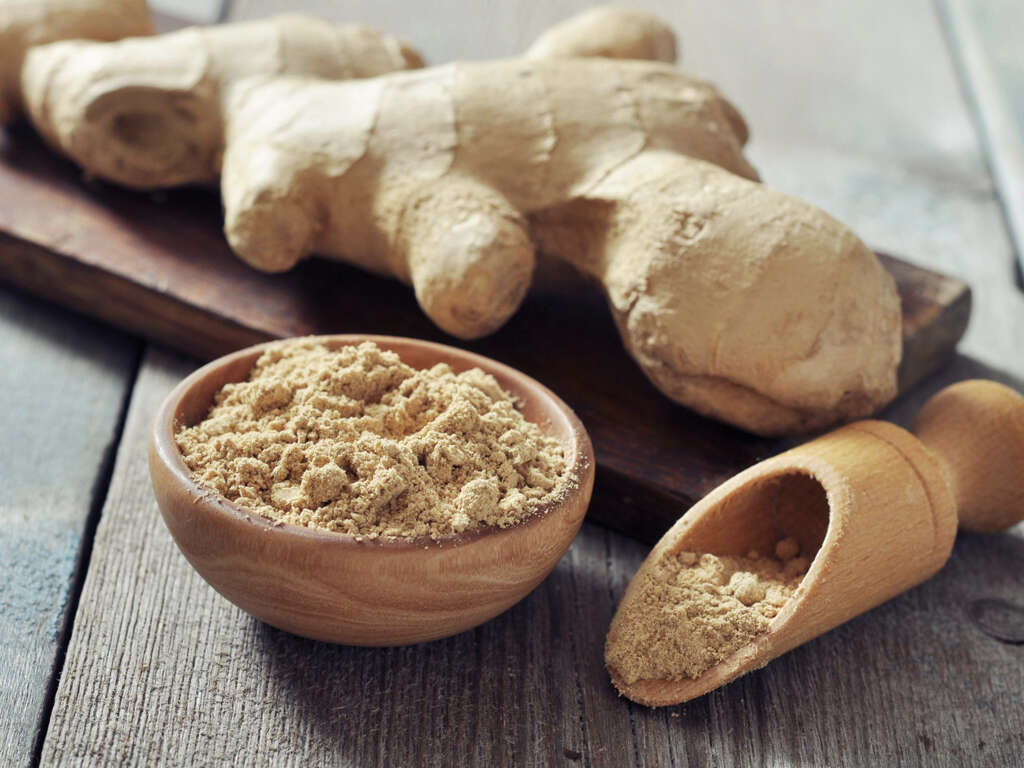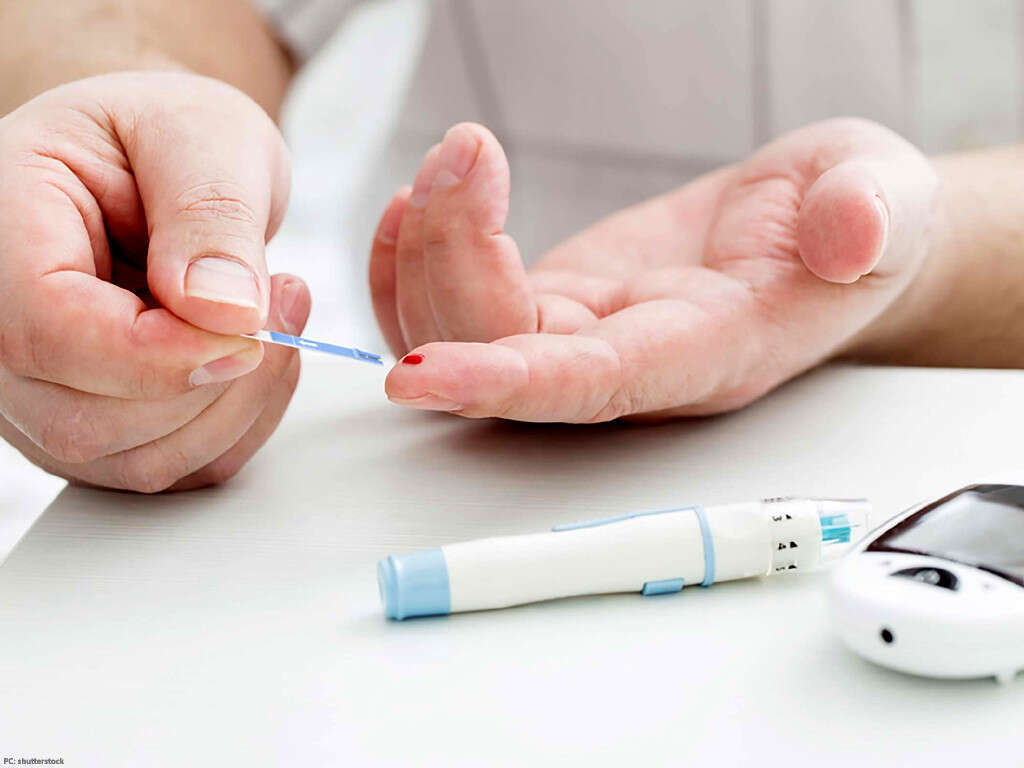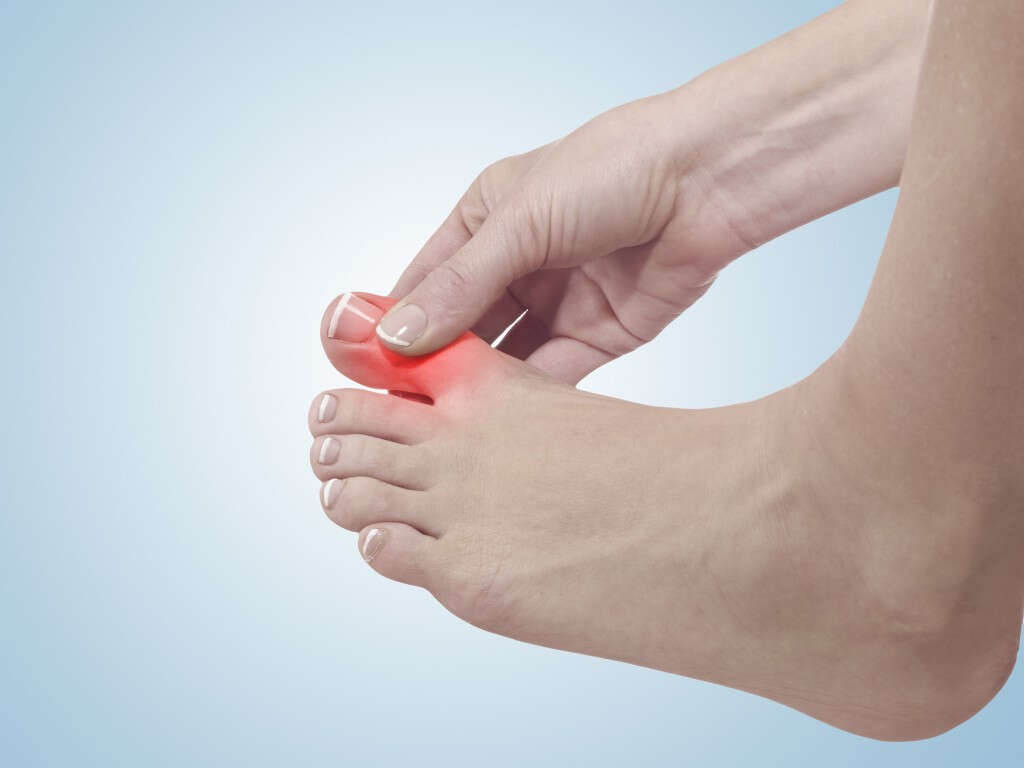10 Foods That Cause Gout
Gout is a common type of arthritis that causes intense pain, swelling, and stiffness in a joint. It usually affects the joint in the big toe. Gout attacks can come on quickly and keep returning over time, slowly harming tissues in the region of the inflammation.
Gout is caused initially by an excess of uric acid in the blood, or hyperuricemia. Uric acid is produced in the body during the breakdown of purines—chemical compounds that are found in high amounts in certain foods such as meat, poultry, and seafood.
Gout is more common in men than women. The Center for Disease Control and Prevention report that 8.3 million Americans were affected by gout between 2007 and 2008. Unfortunately, the numbers are steadily rising. Below are 10 foods that can cause gout or worsen the effects of gout.
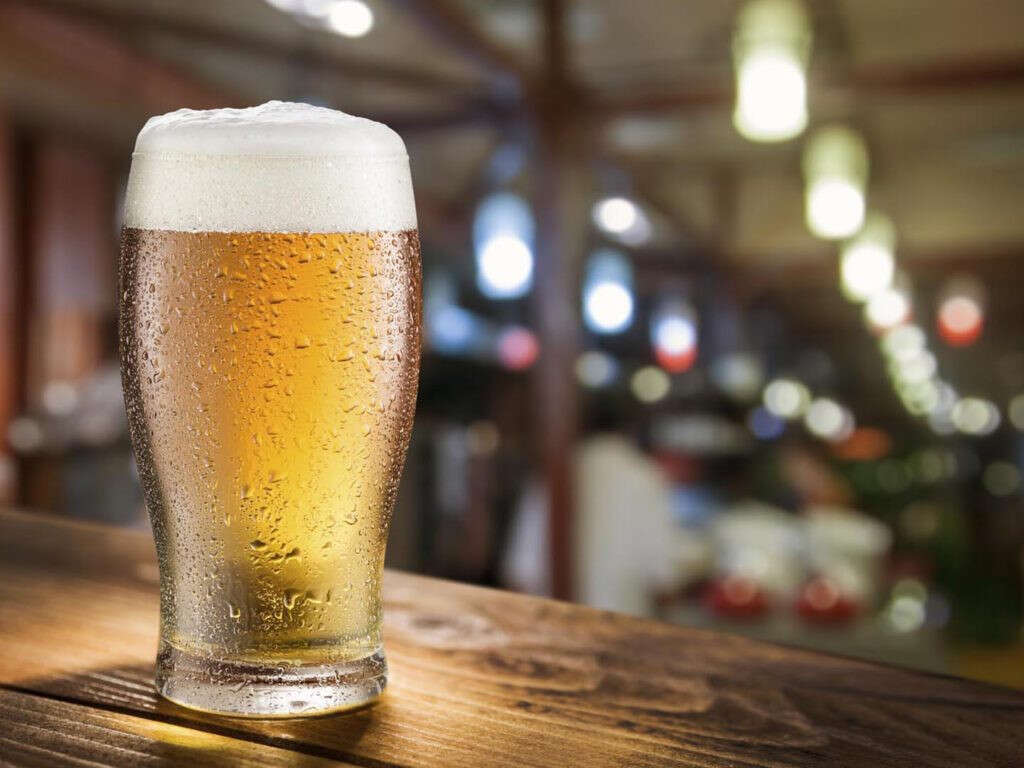
Food #1: Scallops
Primarily, those with gout want to limit foods with high amounts of purine. Ideally, you will have little or no foods that are high in purine and only small amounts of those with moderate amounts of purine.
Thus, cutting back on seafood during a flare-up might be beneficial. Seafood is high in purines. Purines get broken down to uric acid, and this causes gout flare-ups. When your gout is at bay, you have more flexibility; however, when experiencing a flare-up, avoid seafood, especially scallops.
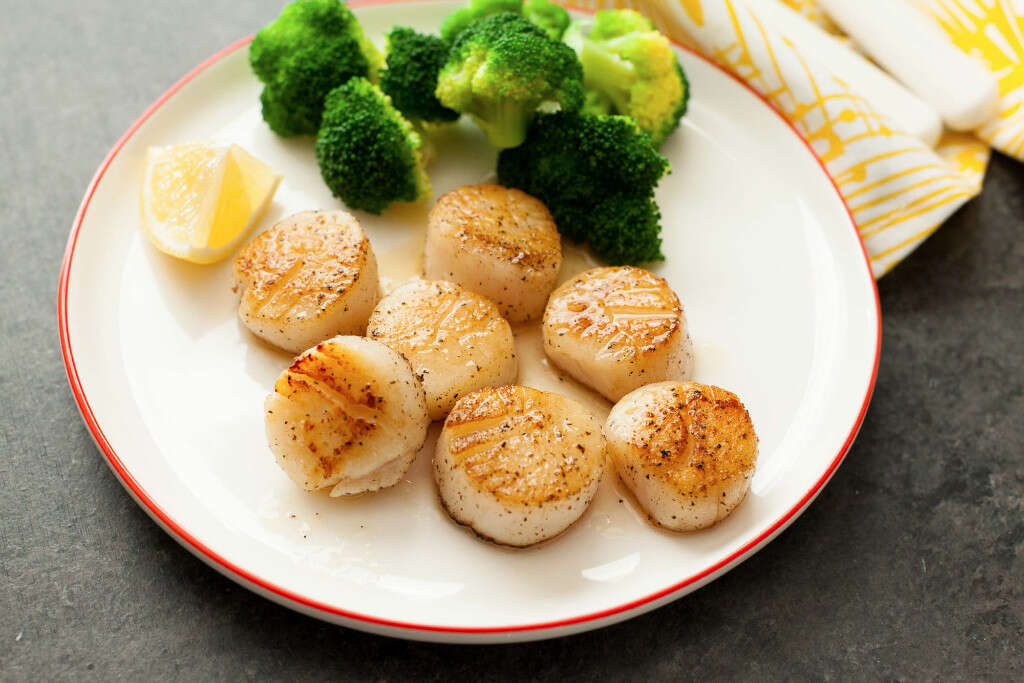
Food #2: Herring
As mentioned above, some seafood is harmful when it comes to gout. Another seafood that should be avoided is herring due to its high purine content.
Some seafoods that are safer for consumption include shrimp, lobster, eel, and crab. In addition, it is also important to work with your doctor to evaluate other causes of gout. Many individuals with uncontrolled diabetes, hyperlipidemia, and heart disease tend to suffer from gout. Thus, work on these conditions as well to help ease the progression of gout as well as symptoms of gout.
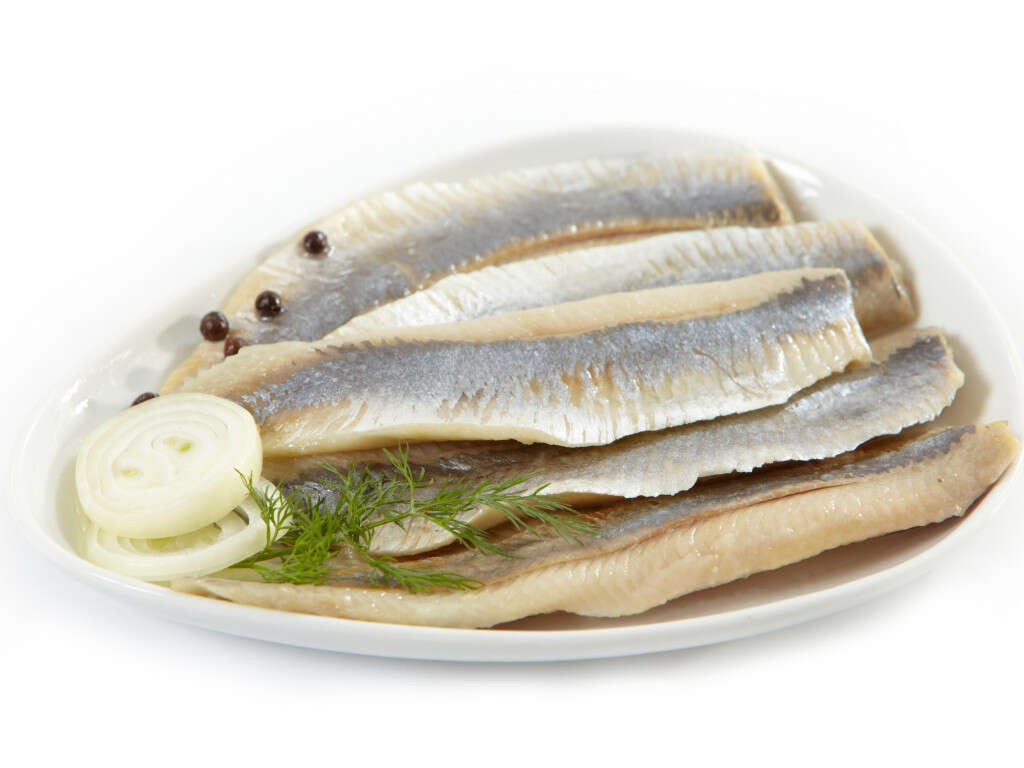
Food #3: Beer
Many of us enjoy drinking beer every now and then. Especially after a hard day at work. However, for those with gout, eliminating beer may be necessary. Beer is not safe for gout-prone individuals for two big reasons. One, beer is high in purine, thus will increase uric acid levels in the body. In addition, beer is hard for the body to clear out. Thus, the effects of gout will be extra relevant as the body will have more trouble clearing uric acid than usual.
A good substitute for beer would be wine. However, only in moderation. During a flare-up, doctors recommend avoiding alcohol completely.

Food #4: Red Meat
Red meat refers to all types of mammalian muscle meat. Some examples of red meat food include hamburgers, steaks, beef, veal, and goat. Red meat is not good for gout-prone individuals because of its high purine content. White meat is a better alternative. A great protein alternative includes lentils, beans, soybeans, and tofu. These are all low purine foods that are generally safe for people with gout.
In addition, eggs are low in purine. Eggs are also a great protein-rich source. Thus, if you are worried about missing out on protein due to cutting out meat, many low purine foods are still high in protein.
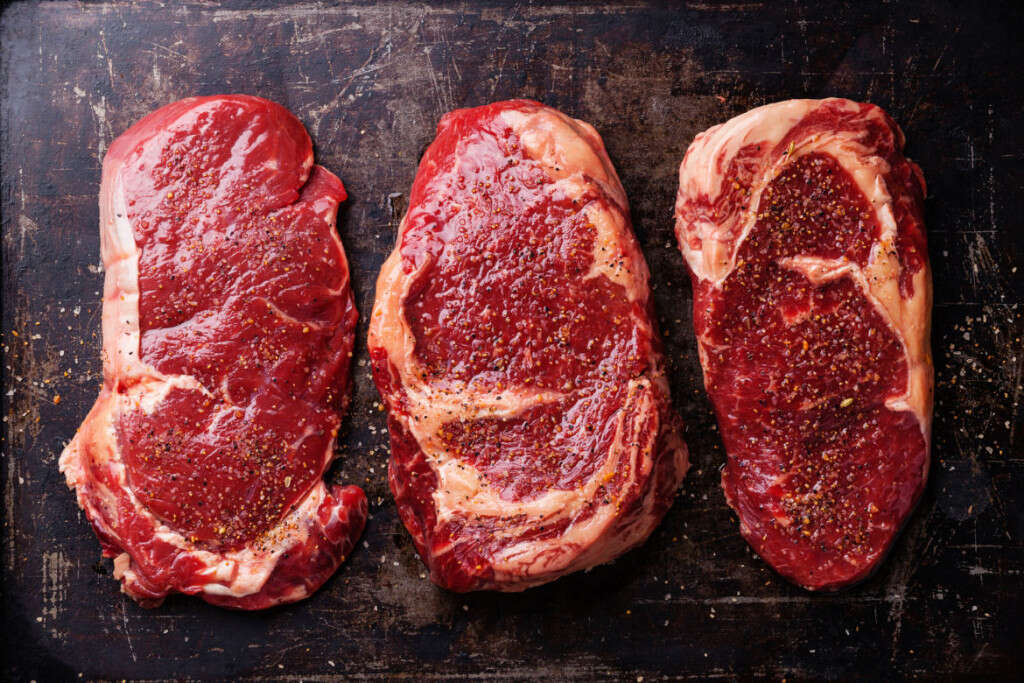
Food #5: Sugary Drinks
Sugary drinks are not only unsafe for individuals with gout, but they are also harmful for diabetics and those with high serum triglycerides.
Beverages with high-fructose corn syrup, such as sodas and fruit juices, should be avoided. The sweeteners not only cause a significant build-up of uric acid, but also pack on the pounds as well when consumed in excess. One study showed that men who consumed high levels of fructose were more likely to develop gout. This study was also done on women, and the results were the same.
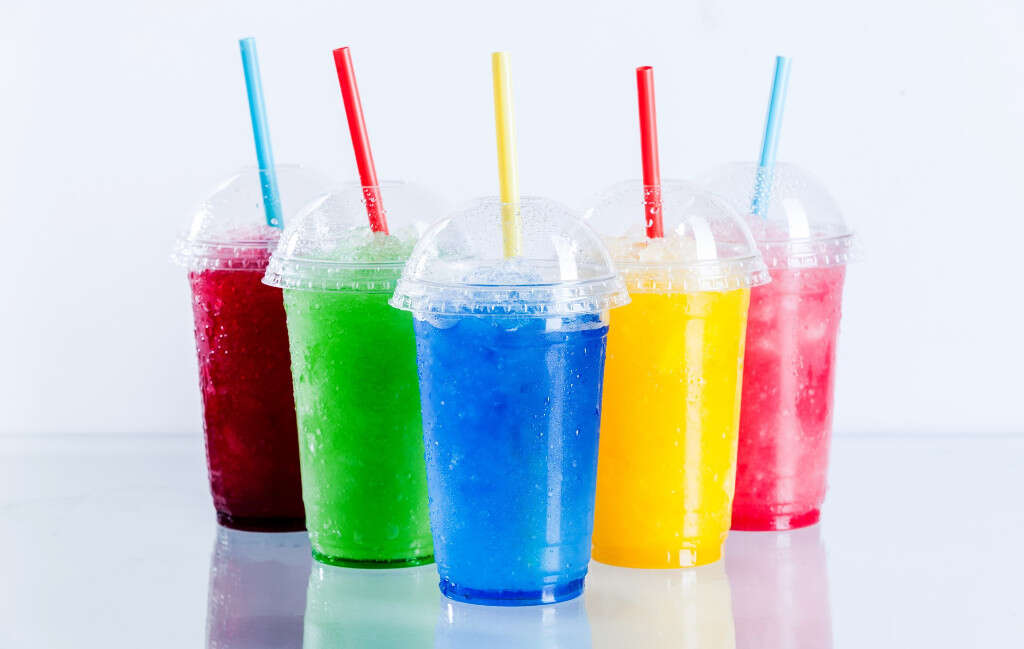
Food #6: Some Vegetables
Generally, all vegetables are low in purine. However, asparagus, cauliflower, spinach, and mushrooms are slightly higher in purines than other vegetables. Thus, if you enjoy these vegetables, you do not have to completely eliminate them from the diet. Simply eat them in moderation.
It is important to note that purines from vegetable sources are easier for the body to clear than other purine sources. In fact, a veggie-rich diet helps clear purines from your body. Thus, incorporating vegetables as much as possible for individuals with gout is a must. Five servings of vegetables are recommended per day. This will not only help with gout, but will provide several other health benefits as well.
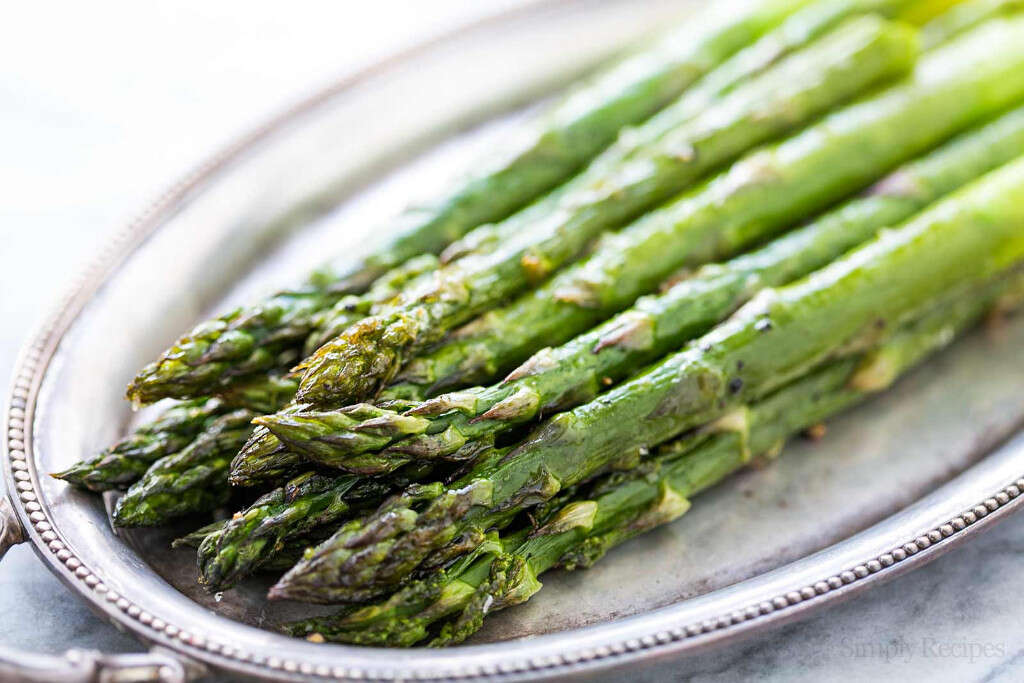
Food #7: Certain Fruits
Fruits are great for health because they provide the body with numerous antioxidants that help keep the immune system strong and can help combat diabetes, cancer, and heart disease. However, some fruits may not be great for individuals suffering from gout.
Like high fructose drinks, some fruits have high levels of fructose, which can lead to a build-up of uric acid. Fruits such as dates, prunes, lychees, plums, and pears are on the list of fruits to avoid. However, experts suggest that they do not have to be completely eliminated. However, paying close attention to the consumption of these foods is suggested. Having about one or two cups of these fruits should not pose a high risk for a gout attack. If they do, you’ll want to avoid them in the future.

Food #8: Dairy
The dairy family includes foods such as milk, cheese, yogurt, and cottage cheese. This list may seem limited; however, numerous food items contain dairy, which is why the dairy industry is so large. When it comes to gout, there is some conflicting evidence regarding the consumption of dairy products and how they affect individuals with gout.
Some studies have shown that an increase in the intake of cheeses, yogurt, and ice cream may decrease the risk of developing gout. However, gout patients should not consume too much milk or ice cream. The bottom line is that high-fat dairy products can trigger gout attacks.
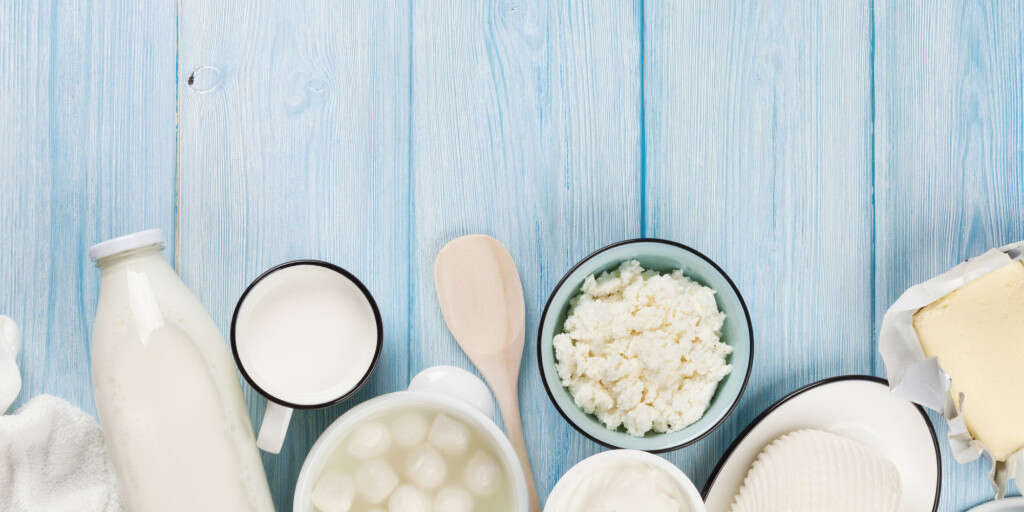
Food #9: Some Medications
Some medications that people take for conditions such as high blood pressure or heart failure can trigger a gout flare-up. Some specific medications that can cause these flare-ups include diuretics, beta blockers, and cyclosporine. Even low dose aspirin can cause an attack. Thus, if your doctor is going to prescribe you a new medication, make sure to mention you suffer from gout. Also talk with your doctor about gout prevention.
In addition, dehydration can also bring on a gout attack. This is because when your body is dehydrated, the amount of uric acid in your body rises and the ability for your kidneys to filtrate out the uric acid decreases. Thus, if you have gout, make sure to stay hydrated. It is recommended to drink half of your body weight in ounces.
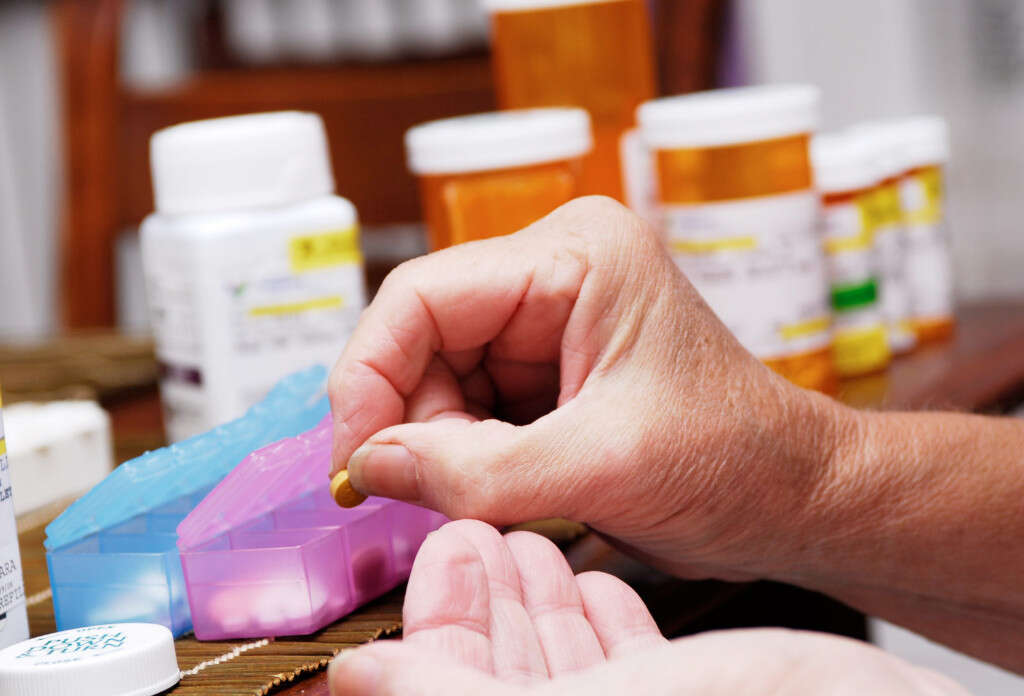
Food #10: Organ Meats
Organ meats are not as commonly consumed as chicken or beef. However, it is important to note organ meats have one of the highest purine contents than any food. Some common forms of organ meats consumed in Western diets include liver, heart, and kidneys.
Studies have linked high meat intake and obesity. Obesity is one of the biggest factors when it comes to gout. Being overweight is a big risk factor for developing gout and metabolic syndrome. The combination of high blood pressure, high cholesterol, high blood sugar, and obesity is linked to over excess of gout. Even though a low purine diet alone won’t cure you of gout, eating well and reaching a healthy weight will decrease your overall risk of gout and the complications of metabolic syndrome.
